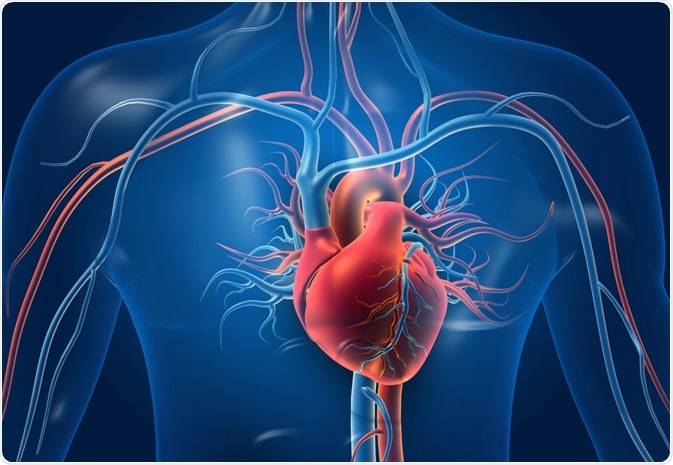Introduction:
Heart disease is a prevalent and potentially life-threatening condition that affects millions of people worldwide. However, with proactive lifestyle changes and a focus on cardiovascular health, individuals can significantly reduce risk and effectively control heart disease. This article will explore various strategies and habits contributing to a heart-healthy lifestyle.
1. Balanced DietAdopting a heart-healthy diet is a fundamental step in controlling heart disease. Emphasize fruits, vegetables, whole grains, and lean proteins while limiting saturated fats, trans fats, and cholesterol. Incorporate omega-3 fatty acids found in fish, flaxseeds, and walnuts, as they contribute to lower cholesterol levels and promote overall heart health.
2. Regular Exercise: Regular physical activity is essential for maintaining a healthy heart. Aim for at least 150 minutes of moderate-intensity weekly exercise, such as brisk walking, cycling, or swimming. Exercise helps control weight, lowers blood pressure, and improves cardiovascular function.
3. Maintain a Healthy Weight: Obesity is a significant risk factor for heart disease. Achieving and maintaining a healthy weight through a combination of a balanced diet and regular exercise can reduce strain on the heart, lower cholesterol levels, and improve overall cardiovascular health.
4. Manage Stress: Chronic stress can contribute to heart disease by elevating blood pressure and promoting unhealthy habits. Practice stress-reducing techniques such as meditation, deep breathing exercises, yoga, or engaging in hobbies to maintain emotional well-being.
5. Quit Smoking: Smoking is a major contributor to heart disease. Quitting smoking is one of the most impactful steps towards a healthier heart. Seek support from healthcare professionals or support groups to overcome this addiction and reduce your risk of heart-related complications.
6. Limit Alcohol Consumption: While moderate alcohol consumption may have cardiovascular benefits, excessive drinking can lead to high blood pressure and heart failure. If you choose to drink, do so in moderation and consult with your healthcare provider regarding the appropriate limits for your health.
7. Regular health Check-ups: Regular health check-ups are crucial for monitoring and managing heart health. Routine screenings for blood pressure, cholesterol levels, and diabetes help identify potential issues early, allowing for timely intervention and control.
8. Medication Adherence: Adherence to prescribed medications is paramount for individuals with existing heart conditions or risk factors. Follow your healthcare provider's recommendations diligently, and promptly report any side effects or concerns.
Conclusion:
Controlling heart disease is within reach for individuals committed to positive lifestyle changes. One can significantly reduce the risk of heart-related complications by adopting a heart-healthy diet, exercising regularly, managing stress, and avoiding tobacco. Regular health check-ups, medication adherence, and maintaining a healthy weight further contribute to overall cardiovascular well-being. Remember, small, consistent steps significantly improve heart health over time. Consult with healthcare professionals for personalized guidance and support on your journey to a heart-healthy life.




No comments yet
Be the first to share your thoughts!